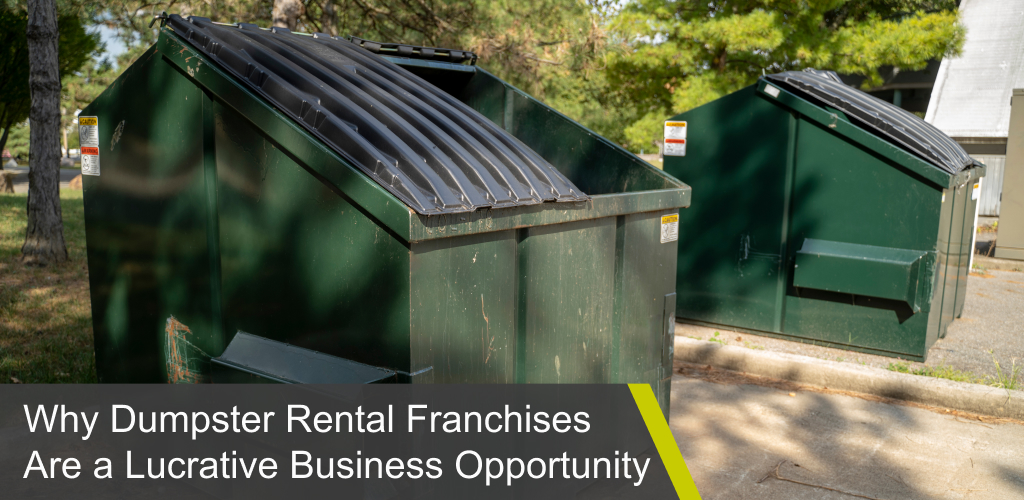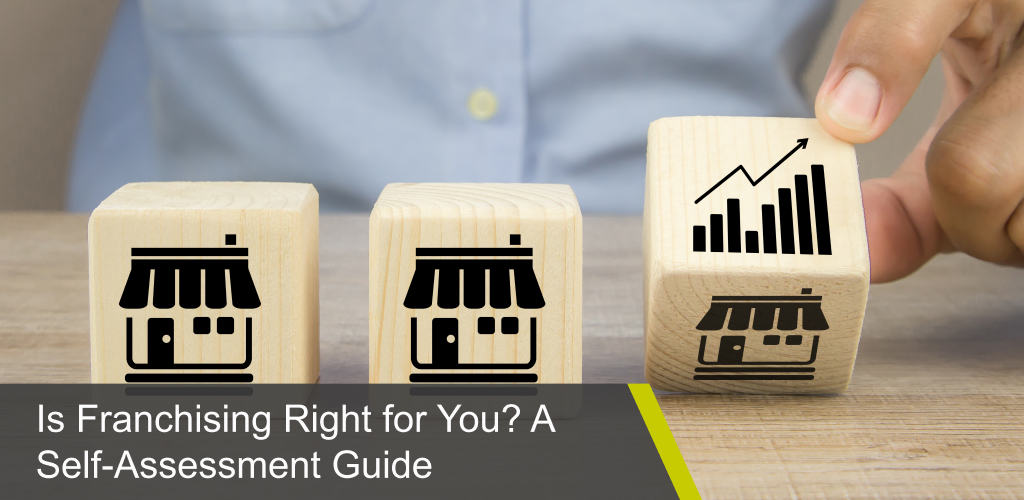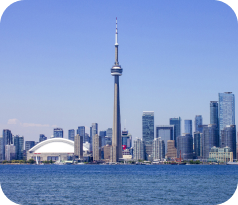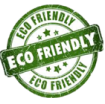6 Common Recycling Mistakes

Reuse, repurpose, and recycle. These are three words that have become pretty common at home, school, work, and basically everywhere you go. People are becoming increasingly aware of the need to conserve the environment through these practices. Unfortunately, good intentions do not always translate to good recycling practices.
Different communities have garbage disposal bins for specific types of waste that can be recycled. However, not all trash can be recycled; and without proper sorting, the contamination of recyclables becomes a major issue for these programs.
Here are some mistakes to avoid when recycling:
- Including Non-Recyclable Glass
There is a wide range of glass products that cannot be recycled. While some programs accept translucent bottles and jars, most don’t accept window glass, mirrors, light bulbs, lab glassware, and Pyrex products for recycling. - Including Plastic Bags
Many community recycling programs don’t accept used plastic bags because they are difficult to sort and clean. To dispose these bags, consider taking them to retailers that accept plastic bags. - Keeping Plastic Containers With Their Lids On
Loose plastic caps from bottles are generally not for recycling. Instead, they should be thrown in the trash, while metal caps may be discarded in a metal can, but only if properly crimped so they can be trapped during the collection and sorting process. The problem with small items is that they create handling challenges when placed on recycling conveyor systems.However, larger lids can be removed and included in the appropriate recycling bin. - Discarding Containers With Liquid In Them
It is important that you empty liquids from containers first before throwing them into a recycling bin. This is to avoid the liquid content from spilling and contaminating other materials, such as paper. Additionally, containers with content in them tend to be heavier, leading to incorrect sorting at the recycling plant. - Including Oily Food Packages
Many recycling programs accept paper and paperboard material. However, you should separate the food-soaked, greasy paper as it can adversely impact the quality of recycled paper. You can, however, dispose of greasy paperboard material with organic waste depending on the composting program. - Removing Labels
Some people remove the labels from cans and containers with good intentions, but this is completely unnecessary. These containers usually go through thermal recycling processes that burn off any labels.
Lastly, Do A Bit Of Research
Many communities provide recycling information online or via information sheets indicating the materials they accept for recycling. It is important to review this information before ordering your disposal bin rentals. Just because a material is recyclable does not mean that your local recycling programs accept it. Furthermore, you should be familiar with the different bin colours for different recycled materials, and the condition that is acceptable for recycling.
Doing the right thing will help reduce the cost of sorting and handling the waste, maximize the value of recovered material, and enhance the viability of the recycling program.













